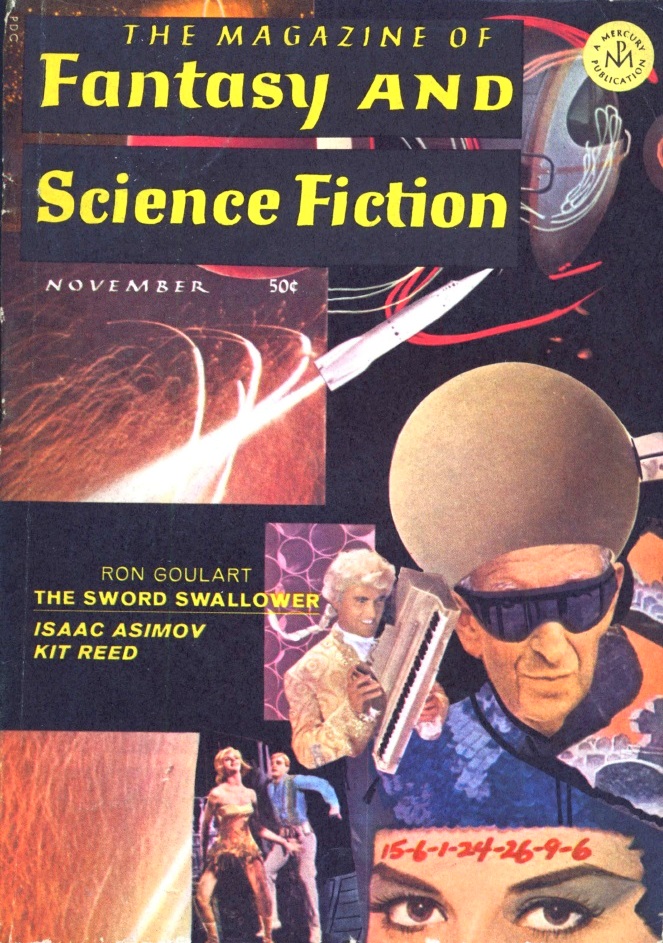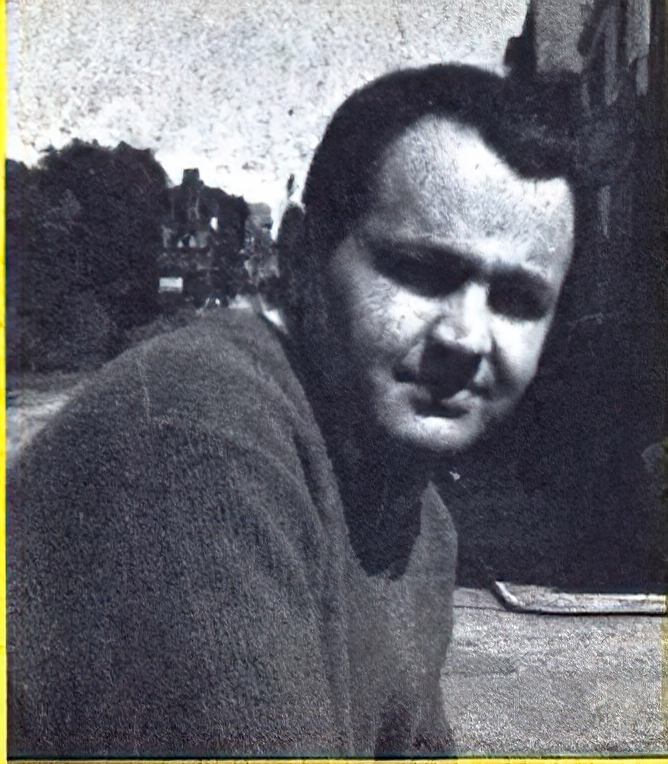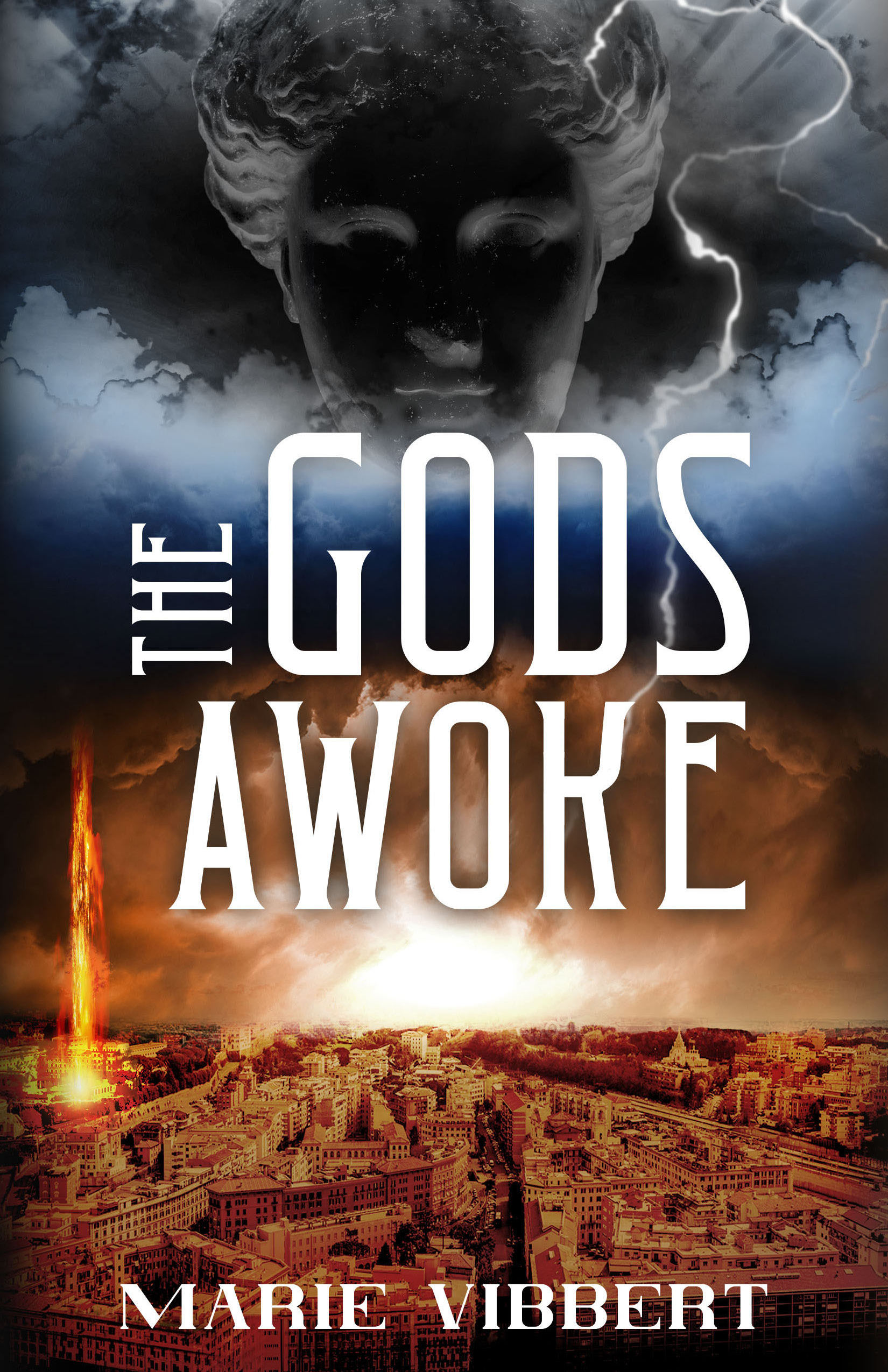
by Gideon Marcus
It is the Policy of the United States Government
Say what you will about LBJ's unfortunate Vietnam policy, there's no question but that his last four years in office have seen more progress on the Civil Rights front than any four decades since the 15th Amendment.
Case in point: just over a week ago, on October 13, 1967, the President signed Executive Order 11375.
It is desirable that the equal employment opportunity programs provided for in Executive Order No. 11246 expressly embrace discrimination on account of sex.
Hencefoth, in the federal government, and in any federally contracted organization, there must be no discrimination on the basis of sex.

Dorothy Hudson Jacobson, USDA Assistant Secretary for International Affairs

Evelyn Brown; starting in 1963, she was the first woman since WW2 to deliver mail in the nation's capital
It does not immediately solve the rampant inequality and sexist structure in our society, but it is the first step. An important one. Not just for justice and quality of life, but for the prosperity of our nation. For when half the population is allowed to participate without fetter, the fruits in terms of production and innovation, must necessarily more than double, but perhaps even quadruple.
It is the Policy of F&SF
This is something the editorial staff at The Magazine of Fantasy and Science Fiction has always known. While women have only produced 10% of all published science fiction stories, F&SF has always printed a disproportionate number of them. When there were thirty monthly magazines, F&SF alone published half of the stories by women. I daresay its a big reason why F&SF has both managed to remain in the top tiers of the SF digests, and also why F&SF seems to have the highest readership of women.
Nearly half the text in this month's issue (including the only book column penned by a woman) is female-made. It is perhaps not a surprise that this is one of the better issues of the magazine this year. After all, when one opens up the lists to all comers rather than just half of them, there's more quality to choose from.

by Gray Morrow
The Sword Swallower, Ron Goulart
But first, a slight misstep. Ron Goulart is pretty good at witty stories with an element of earthiness. In particular, his stories about his occult detective, Max Kearney, and the tales of the shapechanging agent, Ben Jolson, are generally something to look forward to.

Ron Goulart
Swallower is a story of the latter, but sadly, it is not up to Goulart's usual standard. In this piece, Ben is sent to a planet that specializes in sanatoria and funerals–life and death in one package–to investigate the disappearances (and presumed kidnappings) of several government officials. It reads like someone ghost wrote a Goulart story, containing all the requisite elements, but failing to deliver on humor or interest.
Two stars.
Ballet Nègre, Charles Birkin
The next story is something of a failure, too, about an investigative reporter who must interview the star duo of dancers in a Haitian troupe. Their ability to walk in flames, their complete silence, and their ghostly pallor intrigue him.
Well, of course they're zombies, and bog standard zombies of the type we've seen in fiction and on teevee for decades. It's all sort of breathless and lurid, and entirely unsurprising.
Two stars.

Gahan Wilson
Ah, but beginning with the book column (in which Judy Merril promises she will soon have another volume of her controversial but always genre-broadening "Year's Best" anthologies soon), the magazine takes a decided turn for the better.
The Vine, Kit Reed
In a rustic somewhere and somewhen, the vine grows. It produces the most sumptuous grapes, the most viridian foliage. But the vine is not for use by humans. Quite the opposite. For generations, the Baskin family has cared for the vine, maintaining its elaborate greenhouse, keeping the pests off, ensuring its propagation, in a way becoming intertwined with it. The other town-dwellers at first resented this unnaturally demanding growth, but in time, it became a tourist attraction. Soon, the entire economy was based around the now-sprawling vegetable.
However, the vine hungers, and one family can no longer sate it…
Kit Reed has always delivered a large dose of atmosphere with her writing. This one stays with you.
Four stars.
Nothing Much to Relate, Josephine Saxton
I think this is Saxton's second story; she first appeared in Science Fantasy, so I assume she is from Britain. It's a cute tale involving a new mother with a talent for automatic writing, and a would-be-yogi who bites off more than he can chew.
It's a rather frivolous piece, but fun all the same. Three stars.
When the Birds Die, Eduardo Goligorsky (translated by Vernor Vinge)
Here's a rather straightforward and simple after-the-bomb piece about a hobo who, for a little while, lives like a king thanks to his stockpile of vital supplies. This one's all in the telling, which is particularly remarkable given that it's a story in translation (so, good job Vernor).
Three stars.
The Little Victims, Hilary Bailey
Bailey is another import from the UK, known for her many appearances in New Worlds. This novella is easily the highlight of the issue. Rose Dalby is a pregnant young woman who flees a drug den only to be swept into and confined in some sort of weird maternity hospital. Each of the many mothers gives birth to some kind of monster, either idiotic or preternaturally advanced. Something sinister is afoot, and Rose is determined to be no part of it. Fortunately, the world is not entirely composed of evil men.
Not only is the story quite excellent, but the format is rather novel, told as multiple transcripts in an official inquiry document. The only failing is the rather talky ending. Still, good stuff, and more please.
Four stars.
Knock Plastic!, Isaac Asimov
Doc A seemed to have fallen into a rut recently. His articles were either about the most inconsequential and trivial of things ("What latitude can the cities of St. John and Paris be found at?") or, worse, long lists that one could find in the back of any good atlas.
This month, he breaks the mold, detailing the six primary superstitious fallacies. I enjoyed this piece enough to read it aloud to the Young Traveler.
Five stars.
A Message from Charity, William M. Lee
Finally, the story of a long communication across the centuries. The telepathic penpals: young Charity Paynes of 18th Century Annes Town, and slightly less young Peter Wood of a 20th Century suburb occupying the same space. Brought upon by a bout of summer typhoid (in both eras), the two slowly form a bond that goes beyond the sending of messages, including even the exchange of sensations.
Of course, a girl who speaks to unseen things in 1700 New England tends to arouse suspicion.
I first expected this story to be routine (even cliché); then I feared it might become unpleasantly dark. Lee adroitly manages both outcomes. I'm not sure if I would give it a fourth star, but it certainly lands in the high threes.
By Virtue of the Authority
Excluding the first two stories, one has a cracking good read for four bits. Even including them, the November 1967 issue of F&SF clocks in at 3.25 stars. Given that even Analog is getting into the equal opportunity act, I think we may be headed for a new golden era of science fiction.
Or should that be "Rose Golden"?
Speaking of which, I think you'll very much enjoy Journey Press' newest release:
You've probably heard of Marie Vibbert, one of the biggest names in SFF magazines in the far off 21st Century. Her book, The Gods Awoke, is what I've been calling "a new New Wave masterpiece".
Do check it out. You'll not only be getting a great book, but you'll be supporting the Journey!

![[October 22, 1967] Equal Opportunity Employer (November 1967 <i>Fantasy and Science Fiction</i>)](https://galacticjourney.org/wp-content/uploads/2022/10/671022cover-663x372.jpg)

